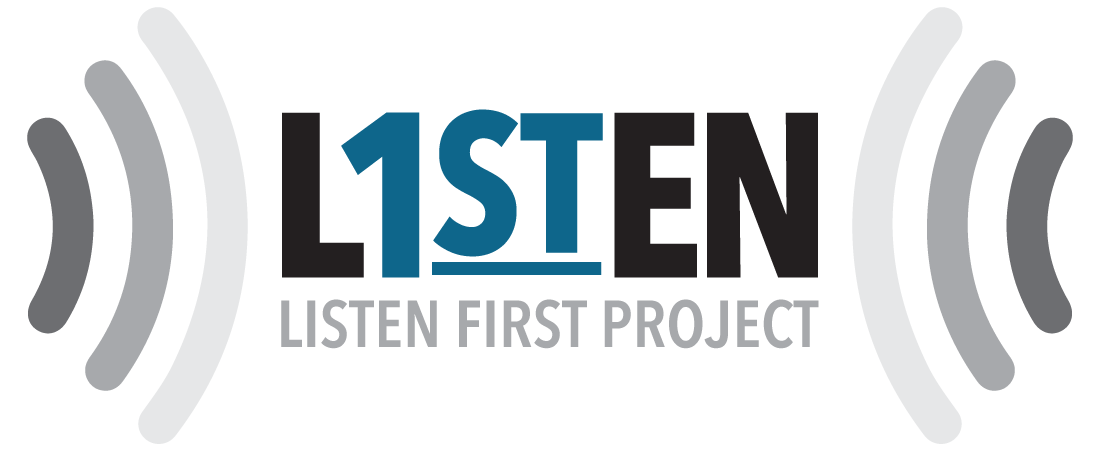Physical distancing, necessitated by COVID-19, has left many of us feeling an unprecedented level of loneliness. Important events like birthdays and graduations have been postponed, morphed into strange digital events, or completely ignored. Even the casual get-togethers and accidental run-ins with old friends that we used to take for granted seem like events from some hyper-social alternate universe.
While this has been difficult, I’ve tried to contextualize my experience by appreciating my privileged ability to work from home, while others are forced to leave their houses for work or be fired. These “essential” workers risk their lives every day in order to provide for themselves and their families as well as to ensure services like food service and healthcare experience limited interruption. Unfortunately, my relatively sheltered and privileged reality came crashing down one morning several weeks ago. On May 8, I awoke to the news that my aunt—who had bravely battled cancer for seven years—had taken a drastic turn for the worse. She was ending her chemotherapy treatment and would be under hospice care for her few remaining days.
After months of intentionally avoiding family gatherings, mainly so I didn’t risk exposing my aunt’s already weakened immune system to the virus, I now had only a matter of days left with her. But even the decision to rush to be with her—something that under any other circumstances would have been a no-brainer—was now one with significant potential consequences. What if our family coming together would cause one of my grandparents to get sick? Could we really withstand another loss? While we did ultimately spend my aunt’s final two days together as a family, it largely occurred from a distance of six feet and behind the cover of masks that concealed all but our tear-filled eyes.
After her passing, we were confronted by the question of the funeral. My aunt was a teacher for 27 years, meaning that in addition to family and friends, hundreds of former colleagues and students would certainly want to attend. Given the reality of the pandemic, however, the funeral was limited to immediate family, and seating was arranged in a socially distanced manner. Funerals are never enjoyable, but sitting in the church that day, with its cavernous ceilings and endless rows of pews—making the already small gathering feel even smaller—left me with a depth of sadness I had never before experienced and hope to never experience again.
In the midst of this immense sadness, however, I’ve been blessed to see the lengths at which people are willing to go to comfort each other in times of hardship. A few weeks after the funeral, nearly one hundred of my aunt’s former co-workers organized a parade. They walked (in a socially-distanced manner, of course) down the street while my family and I sat in the front yard. They stopped and shared stories about the ways in which my aunt had touched their lives and made a positive impact on them. Despite the physical distance, I left feeling a close, personal proximity that I had been lacking these past few months. It was a simple act that took no more than an hour, but its impact will be felt for a lifetime.
I am far from the only person who has experienced loss during this time. Countless others have lost friends and family members to the virus, unable to visit them for fear of infection. More still have lost jobs and are facing what looks to be the greatest global economic downturn in decades. On top of all of this, the inequalities that have for too long gone unaddressed in our country have reached the point where they can no longer be ignored. The stark divisions in ideology regarding how we proceed from here have left almost everyone with feelings of uncertainty and distrust. Distrust of one another, of the government, and for some, I imagine, even distrust of themselves and their long-held beliefs.
As these examples and countless others illustrate, grief and anxiety are widespread phenomenona that touch each and every one of us at some point in our lives. Despite this fact, we often view them as discrete experiences that can only be understood through our self-centered worldview. If anything good can come from this crisis, I hope it is a broader understanding of our collective affliction.
It is easy to turn inward during this time. To fall back and wallow in self-pity at the grand injustice of my personal grief. But this is neither a healthy nor fulfilling way to deal with such an experience. Rather, I am trying to think of others who may be going through a painful experience and how I can reach out and comfort them. As I experienced during my aunt’s parade, small acts of kindness and connection can have significant and lasting effects, effects that I hope anyone struggling can feel. But it requires us to set aside our egocentric tendencies and connect through our common struggle of the human experience. As the campaign I am working on would say, #LetsGoThere!

